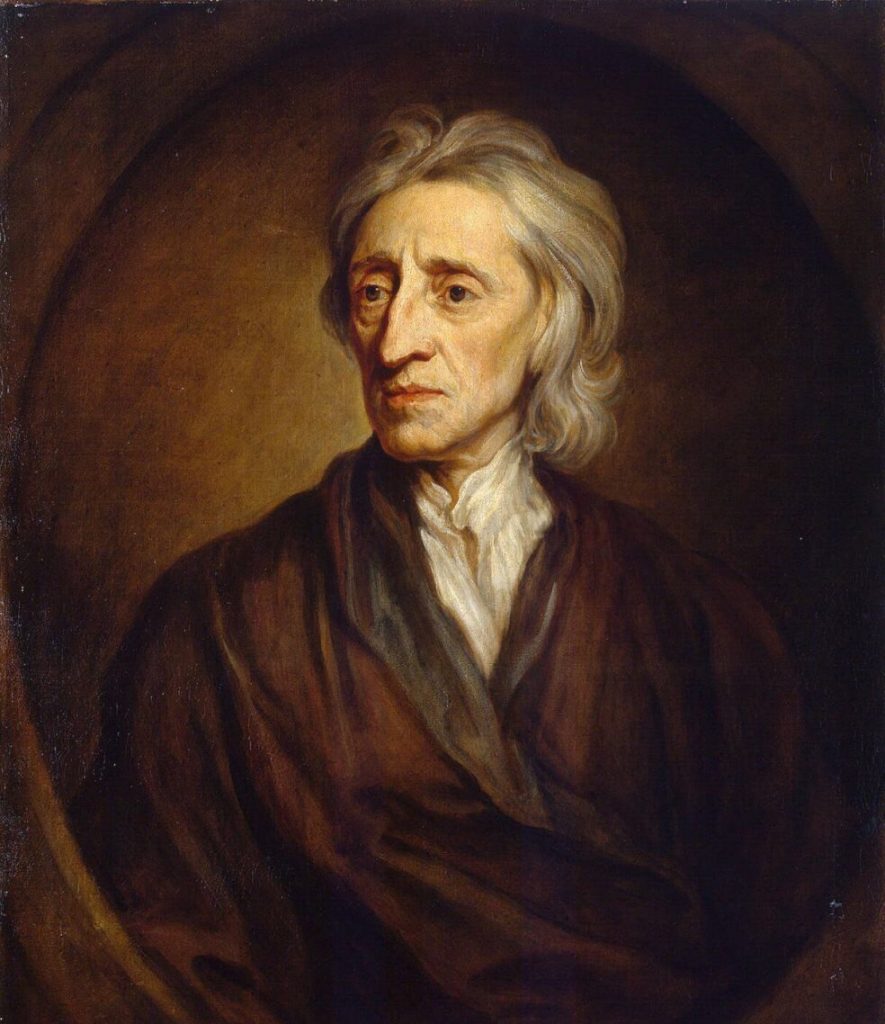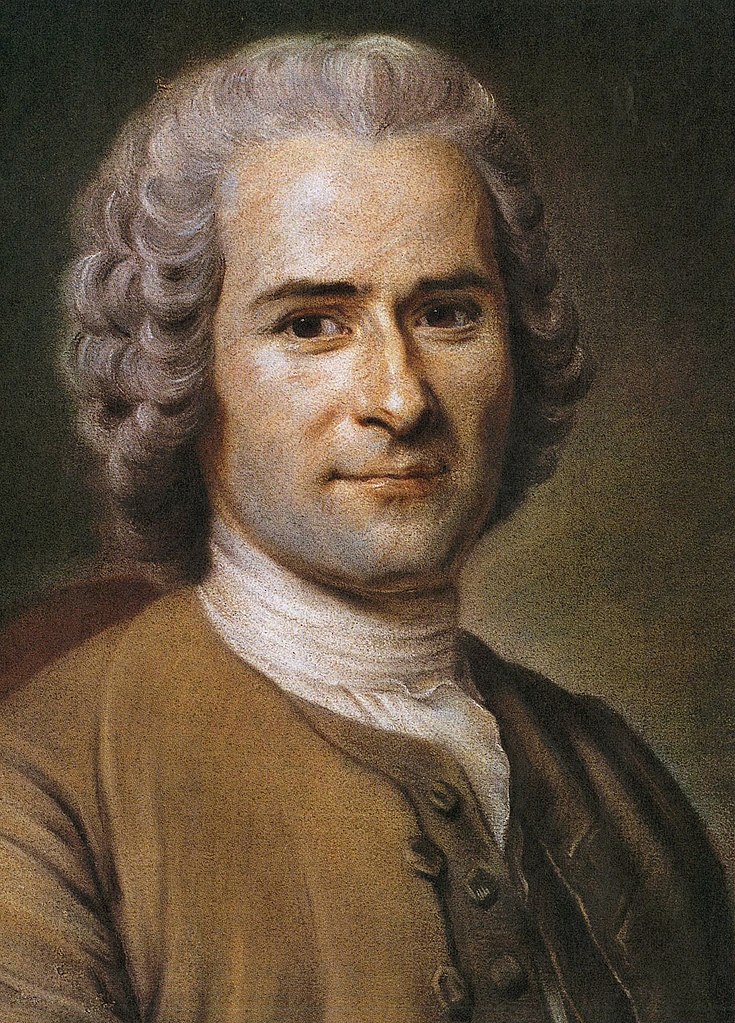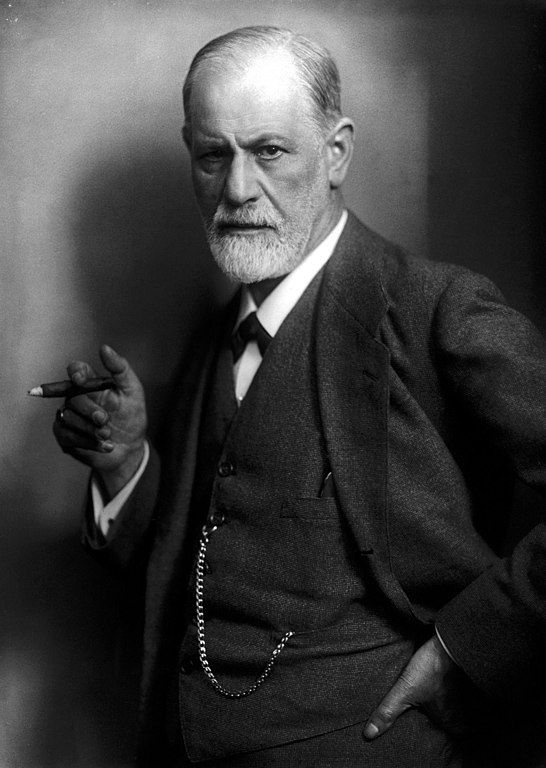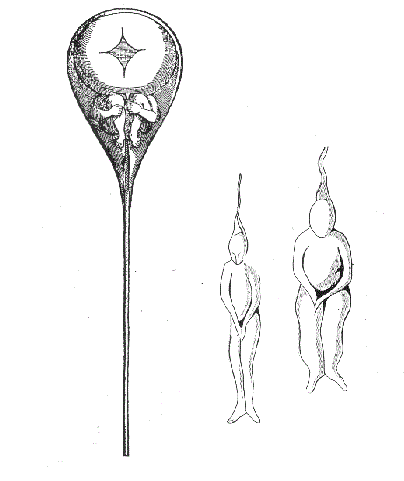
Jean-Jacques Rousseau (1712-1778): Like Locke, Swiss philosopher Rousseau also believed that children were not just little adults. However, he did not believe they were blank slates, but instead developed according to a natural plan that unfolded in different stages (Crain, 2005). He did not believe in teaching them the correct way to think, but believed children should be allowed to think for themselves according to their own ways and an inner, biological timetable. This focus on biological maturation resulted in Rousseau being considered the father of developmental psychology. Followers of Rousseau’s developmental perspective include Gesell, Montessori, and Piaget.

Arnold Gesell (1880-1961): Gesell, an American psychologist, spent fifty years at the Yale Clinic of Child Development, and with his colleagues he studied the neuromotor development of children. Gesell believed that the child’s development was activated by genes and he called this process maturation (Crain, 2005). Further, he believed that development unfolded in fixed sequences, and he opposed efforts to teach children ahead of schedule as he believed they would engage in behaviours when their nervous systems had sufficiently matured.

Sigmund Freud (1856-1939): Freud, an Austrian neurologist, has been a very influential figure in the area of development. Freud emphasized the importance of early childhood experiences in shaping our personality and behaviour. In our natural state, we are biological beings, driven primarily by instincts. During childhood, however, we become social beings as we learn how to manage our instincts and transform them into socially acceptable behaviours. His view of development and psychopathology dominated the field of psychiatry until the growth of behaviourism in the 1950s. His assumptions that personality forms during the first few years of life and that parents or other caregivers can have a long-lasting impact on children’s emotional states have guided parents, educators, clinicians, and policy makers for many years.
Freud’s theory has been heavily criticized for several reasons. One is that it is very difficult to test scientifically (Crews, 1998). How can parenting in infancy be traced to personality in adulthood? Freud focuses on the darker side of human nature and suggests that much of what determines our actions is unknown to us. Despite these criticisms, Freud’s theory has heuristic value in providing a framework from which to elaborate and modify subsequent theories of development. Many later theories, particularly behaviourism and humanism, came about as challenges to Freud’s views.


